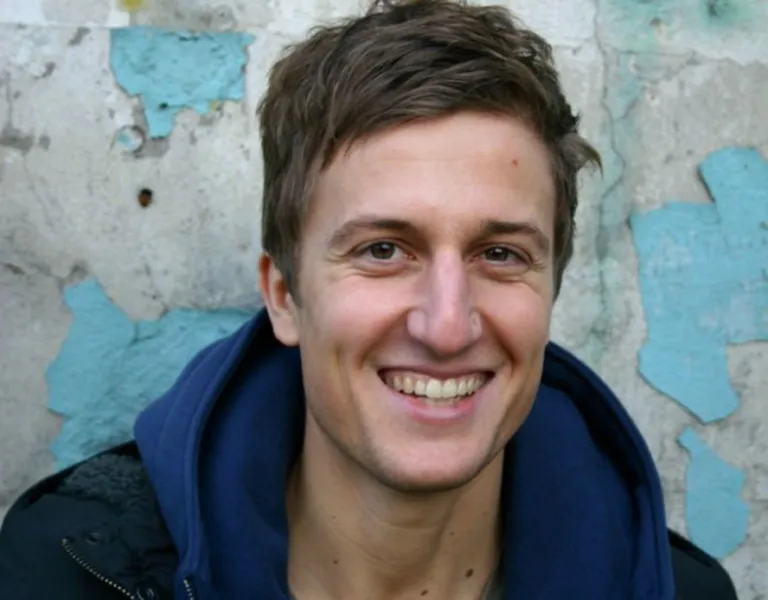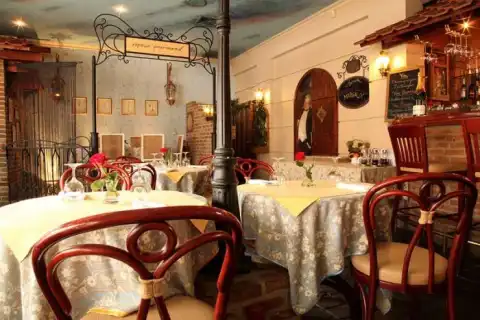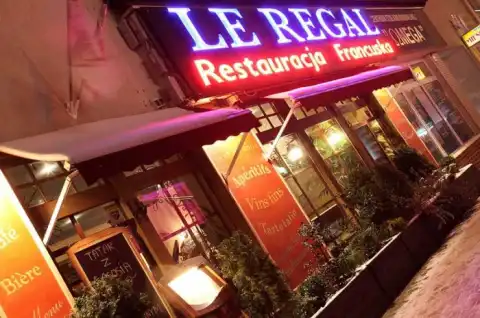that is literary and picturesque illustration of French life and francophonic community in Warsaw
A little bit of introduction…
According to the data from Immigration Office the number of French citizens living in Warsaw amounts to 5000 people. However, the number doesn’t reflect the significance of francophonic culture in Poland. Ranging from cuisine to music and cinema – it’s hard to name all the fields French culture influences in Poland.
French culture is open for everyone who would like to know more about the country and Molier’s language. This environment gladly welcomes Francophones and Francophiles or just ordinary busybodies who want to inflect verbs ‘share’ and ‘exchange’ in all tenses. In Warsaw there is no particular, separate French district, but one can notice a few ‘neuralgic’ French spots on this city’s map. The best way to know French culture in Warsaw is to take a shot walk in the city.
Handy information
Whether you’re a Francophile looking for a way to meet Francophones and improve language skills or expatriate in Warsaw, there are a few institutions available for you. One of them is French Embassy on Piękna 1 Street. One can find all the handy information concerning staying in Poland and get help in filling in all formalities. The other organization is French Institute in Warsaw on Widok 12 Street. It offers a variety of services ranging from French lessons on different difficulty levels and Marianne’s library to very rich programme of cultural events.
French language is also taught in many other schools in Warsaw. It is second – next to German – most famous foreign language learned by Poles.
KINO.LAB in cooperation with French Institute and French Embassy manages continuous film marathon, screened on every Tuesday, called ‘French Rendez-Vous’.
The French Chamber of Industry and Commerce, which tries to bring two economical environments together, is an ideal place for entrepreneurs. It is set up on Mokotowska 19 Street.
French tastes
One of the first things that cross your mind when considering French culture is undoubtedly the cuisine, especially excellent wines and cheeses. Le Regal – small French restaurant – is not far from Stokłosy underground station. It’s an ideal place to immerse in climate of French culture, most of all – in wealth of culinary pleasures. Its interior a la ‘bistro de Paris’ is an invitation for a walk along the streets of French capital. Chefs, on the other hand, will do their best to ensure delicious journey to the heart of French tradition. Its first stop would be the starters – elegant salmon tartar or pastry with foie gras. Then short round to chicken with shrimps in vinegar, potato casserole, artichoke in olive and rosemary sauce, mashed potatoes and a sip of Chartreuse de Coulet Sauternes or Château du Nozay wine. And to finish off, gourmet-traveler may choose between delicious cheese plate or fruit salad or Tarte Tatin apple pie with ice cream.
Enjoy!
Meeting of the month
The ‘stranger’ is David Gaboriaud. He was born in France, is 25 years old, his mum is Polish and father – French. He grew up in Paris, but after all these year he has moved to Warsaw. Since the early days he was spending holidays in Poland. At the moment David works in International Enterprise Voluntary Organization. (Międzynarodowy Wolontariat Przedsiębiorczości) in Société Générale affiliate in Warsaw.
We have met in Vega – vegetarian restaurant on Jana Pawła 36, near Hala Mirowska. After ordering jasmine tea, I press the recording button:
- Where did your parents meet?
- What about your first contacts with Poland?
What was the most striking in that story was that during my christening, when pouring holy water on my forehead, Popiełuszko said: ‘I hope he grows up in free Poland…’
Later I got used to spending holidays in Poland. A few weeks in Warsaw and rest of the time in Witok, small village in the heart of Tarty mountains, at my family’s friends. I used to spend 2 months a year in Poland until I was 17. Those journeys allowed me to trace changes in the country. I remember the times of Fiat 126p cars, called ‘maluchy’ because of their small size, and bazaars emerging here and there. Everything seemed more grey and sad than today.
- So when you were 17 holidays in Poland were over.
- When did you come back to Poland?
The only problem was that we didn’t integrate with Polish people. I soon left the Erasmus Party wagon to meet Poles. That helped me a lot when the language is concerned. Before that my Polish was on the level of a 5-yearold with vocabulary from ‘Winnie the Pooh’ (laughter). At the end of my studies I had a choice between an apprenticeship in France and Poland. Because I wanted to stay in Poland, I sought until I found a job in Carrefour on Praga, in marketing department. There were three of us in the office – two Poles and me. From that moment I started to speak almost fluently, despite of French accent.
- And after the apprenticeship?
I thought it would be easier to find it in the capital city, especially graduating from commerce school. I soon learned that the competition was harder than I thought. Fortunately, in Issy worked the organization with consultants and psychologists who helped young graduates. During conversations with them the word ‘Poland’ kept appearing and after some time everyone recommended I came back there. I didn’t want to at first. I had a different plan, I wanted to work in France for 2 or 3 years then establish a company in Warsaw. But I constantly heard: ‘What are you doing? You speak Polish, your future is out there. Just go!’ I made a decision and got a position in International Enterprise Voluntary Organization in Warsaw. I got in February, but I couldn’t start working until May because of bureaucracy.
- It’s quite a journey! How do you feel right now?
A lot has happened since that time. Warsaw is a metropolitan city in constant motion. I have met lots of interesting people, I speak fluent Polish with no accent (laughter).
Thank you very much, David. Whole Continent Warsaw and I wish you to fulfill your dreams in this free…Poland.
Text by: Lude Reno / December 2010, Warsaw
Translated by: Karolina Ubysz











